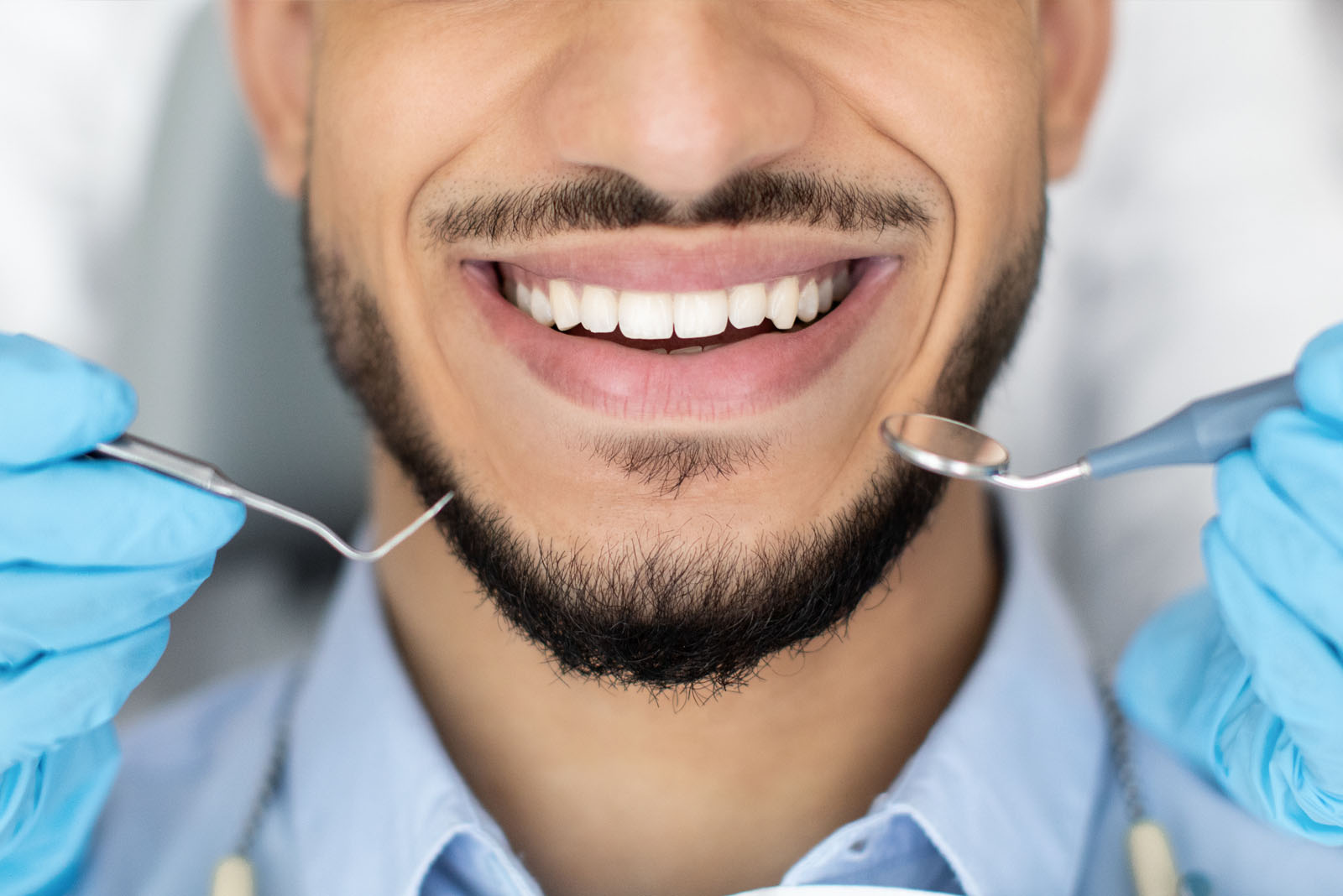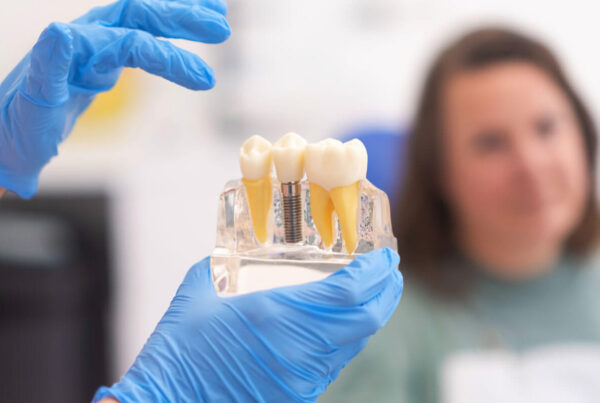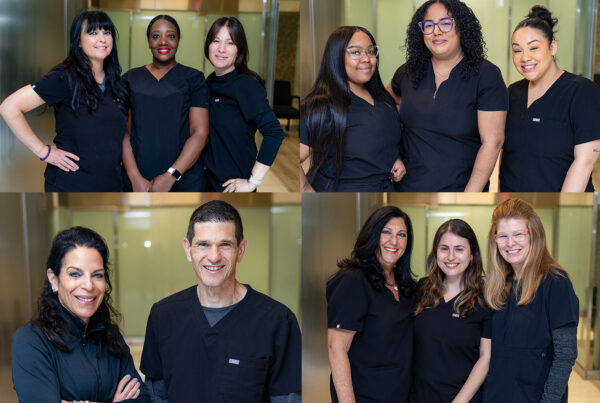What is Periodontics?
Periodontics is a dental specialty which focuses exclusively on the inflammatory disease that destroys the gums and other supporting structures around the teeth.
A periodontist is a dentist who specializes in the prevention, diagnosis, and treatment of periodontal disease, and in the placement of dental implants
Periodontists are required to receive three additional years of training in addition to dental school, where they receive extensive training in these areas. As specialists in periodontal disease, they are experts in the latest techniques for diagnosing and treating periodontal disease. Periodontists are also trained in cosmetic periodontal procedures.
Gum disease happens when the tissue around your teeth gets infected, causing inflammation. Plaque-forming bacteria that build up on your teeth usually cause this swelling as it spreads below the gum line.

Periodontists offer a wide range of treatments,
such as scaling and root planing (the cleaning of infected root surfaces), root surface debridement (the removal of damaged tissue), and regenerative procedures (the reversal of lost bone and tissue). When necessary, periodontists can also perform surgical procedures for patients with severe gum disease. Additionally, periodontists are trained in the placement, maintenance and repair of dental implants.
Periodontitis is the leading cause of tooth loss in adults, and can result in systemic oral health issues, such as gum recession and jawbone deterioration, which increase an individual’s risk of losing additional teeth. In addition to negatively impacting your oral health, periodontal disease is also linked to other health issues, such as diabetes and cardiovascular issues. Patients who have a family history of diabetes and heart disease are at an increased risk of developing either if periodontitis is not treated.

At Dentistry at 1818 Market Street, our dentists give you a periodontal evaluation during your regular dental visit.
Your dentist will examine your gums for any gum line recession, assess how your teeth come into contact with each other when biting, and check to see if any of your teeth are loose. They will also look at the health of your gums by placing a small measuring instrument (called a probe) in the spaces between your teeth and gums (called periodontal pockets) to measure the depth of those spaces. X-rays may also be taken to observe the health of the bone below your gum line.
Periodontal disease often goes untreated because symptoms develop so gradually. If caught early enough, periodontal disease can often be reversed, which is why it is so important to schedule regular periodontal exams and consistently practice good oral hygiene habits. If you think you may have gingivitis, gum disease, or a different perio issue, you can schedule an appointment at our center city dentist office to see one of our experienced periodontists.




